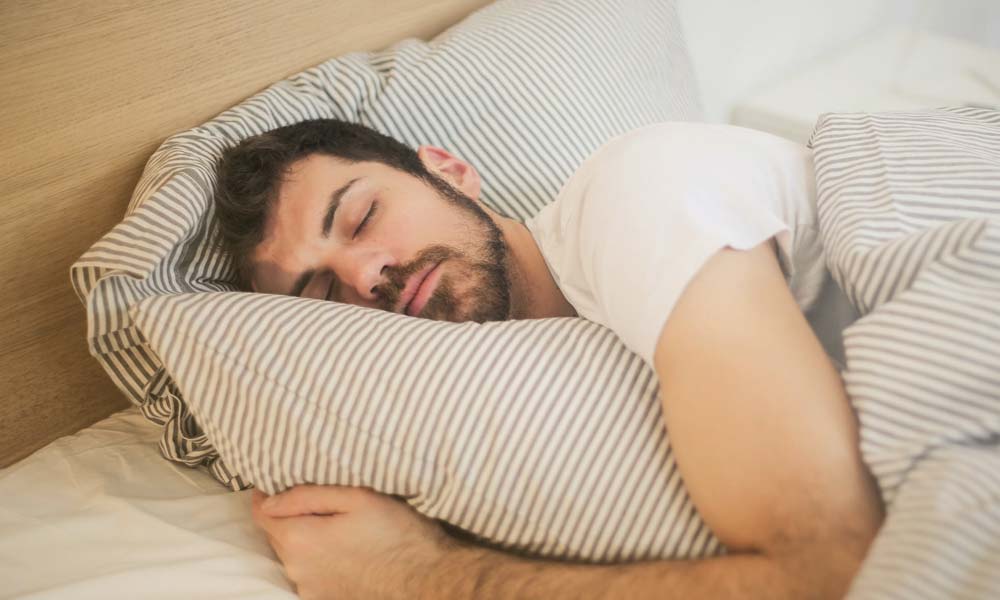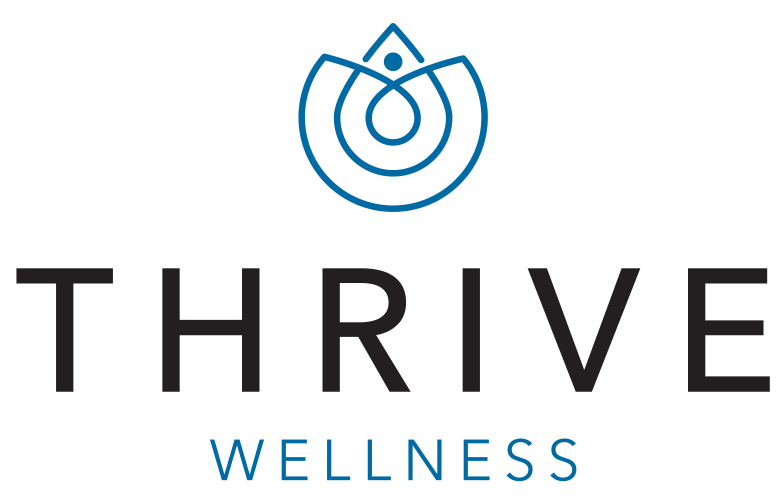
20 Dec Sleep tight
Sleep tight
There’s a saying I used to always hear when I was little:
“If you’re going to pay a premium for anything, make it the things that go between you and the ground.”
And it makes sense, right?
If you spend all day on your feet, it’s worth getting a good pair of shoes.
And considering we spend about a 3rd of our life in bed, it’s no surprise that the quality of sleep we have can have a huge impact on our lives.
But there’s more to good sleep than just a good mattress.
It’s all about:
#1. The quality
#2. The quantity
#3. The positions
Sleep is critical for your body and its processes, like your immune system and overall wellbeing. In fact, not getting enough quality sleep has been linked to things like:
- Increased level of anxiety – caused by increases in the brains anticipatory reactions
- Increased risk of stroke – sleeping less than 6 hours a night increases your stroke risk by 4x
- Weight gain – sleep helps balance the hormones that help you to feel full and prevent overeating
- Increased risk of diabetes – not sleeping enough increases production of cortisol and norepinephrine, both of which are associated with insulin resistance
- Increased risk of heart disease – good quality sleep helps reduce your blood pressure
- And many more serious issues…
But how much sleep do we really need?
Experts recommend the average person needs around 7-9 hours of sleep per night, but the quality of that sleep is equally important.
If you find you’re waking feeling poorly rested, or you’re struggling to sleep all night through, it’s worth looking into your ‘Sleep Hygiene’ practices.
Many people find that reducing screen time in the evenings, ditching the caffeinated drinks after 1pm, and practising relaxation techniques before bed – like meditation or yoga – can make a huge difference.
But considering we’re spending ⅓ of our lives in bed, it’s important we sleep in the right position too!
Think about it, it’s the stuff you do when you’re NOT being adjusted that will make the biggest difference in your results, and sleeping is no different.
Sleeping flat on your back is by far the best position for your spinal health.
This helps keep your spine in a neutral position, and can help prevent you twisting and contorting.
The key lies in maintaining your spine’s natural curve, which can be achieved by placing a pillow under your knees or a rolled towel under your lower back.
If lying on your side, putting a pillow between your legs can achieve similar results, but it’s important to avoid twisting your spine.
Generally, we wouldn’t recommend sleeping on your front, as it can cause issues with your upper back and neck areas if you do it too frequently.
So, remember to stay as healthy as possible, ensure you’re sleeping 7-9 hours, making sure it’s good quality sleep, and sleep on your back where possible!

